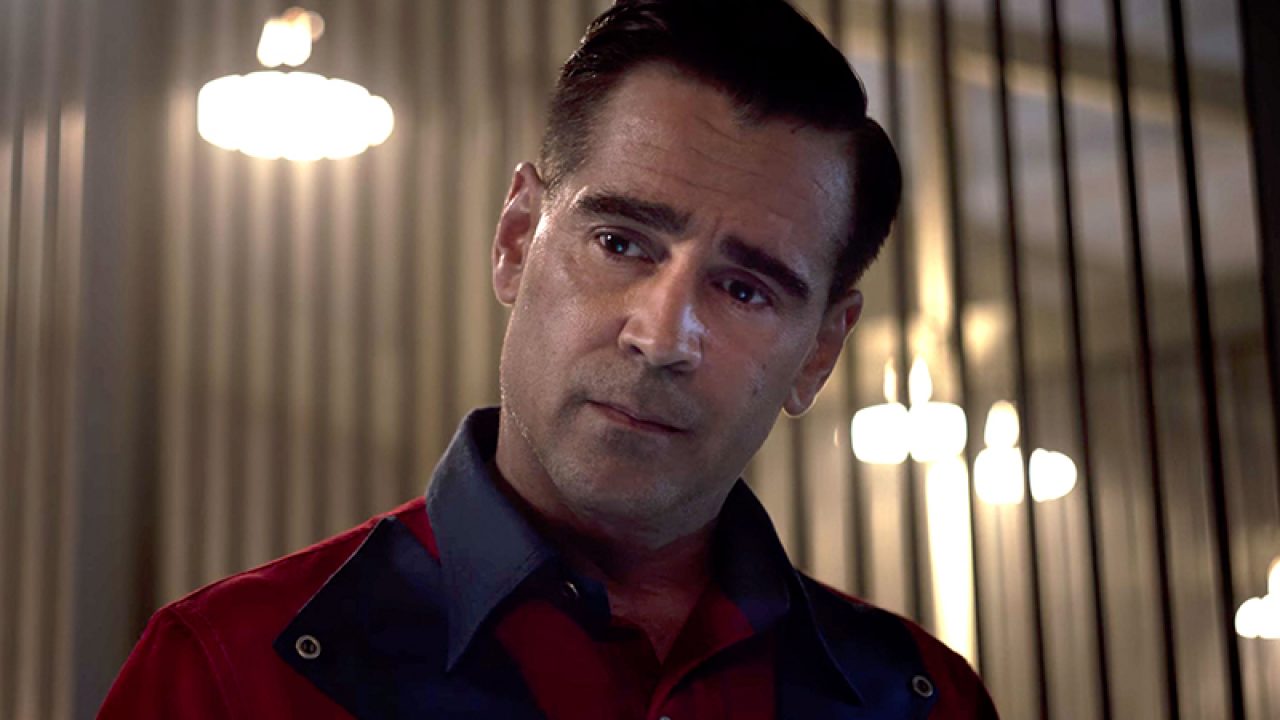How Colin Farrell Got into Acting
Colin Farrell, the rugged Irish actor known for his roles in films like In Bruges, The Lobster, and The Batman, has built a reputation as one of Hollywood’s most captivating stars. While his performances often steal the spotlight, his path to acting is a tale of unexpected opportunities, persistence, and a touch of rebellious charm.
A Dublin Upbringing
Born on May 31, 1976, in Castleknock, Dublin, Colin Farrell grew up in a lively household as the youngest of four siblings. His father, Eamon, was a professional footballer, and Colin initially aspired to follow in his footsteps. However, the world of sports wasn’t meant to be his calling.
“I wasn’t disciplined enough for football,” Farrell admitted in an interview. “I always felt drawn to something more creative, even though I didn’t know what that was yet.”
During his teenage years, Farrell’s interests leaned more toward music and the occasional mischief, earning him a reputation as a free spirit.
A Fateful Inspiration
Farrell’s first brush with acting came unexpectedly after watching the 1986 film E.T. the Extra-Terrestrial. The emotional impact of the movie left a lasting impression.
“I cried my eyes out at E.T.,” he once confessed. “It was the first time I realized the power of storytelling and what it could do to people.”
This spark of inspiration planted the seed for a future in acting, though it would take years for Farrell to fully commit to the craft.
From Dropout to Drama School
Farrell attended Castleknock College and later Gormanston College, but academics weren’t his strong suit. After struggling to find direction, he decided to travel and spent time exploring Australia, where he briefly worked odd jobs. Upon returning to Dublin, Farrell’s older brother, Eamon Jr., encouraged him to consider acting as a serious career.
“My brother saw something in me that I hadn’t yet recognized in myself,” Farrell recalled. “He pushed me to give it a shot.”
Taking his brother’s advice, Farrell auditioned for and was accepted into the Gaiety School of Acting in Dublin, a decision that would change his life.
“I found a sense of purpose at Gaiety,” he said. “It was the first time I felt like I belonged somewhere.”
Early Struggles and Breakthroughs
Farrell’s time at drama school wasn’t without challenges. He often questioned whether he had what it took to succeed in the competitive world of acting. However, his natural charisma and raw talent quickly set him apart.
His first acting gig came with a small role in the BBC series Ballykissangel (1998), followed by a part in Tim Roth’s directorial debut, The War Zone (1999). Though these roles were modest, they showcased Farrell’s potential.
“I was just grateful to be working,” he said. “Every opportunity felt like a step closer to something bigger.”
Hollywood Beckons
Farrell’s big break came when he was cast in Joel Schumacher’s Tigerland (2000). His portrayal of Roland Bozz, a rebellious soldier during the Vietnam War, earned him widespread acclaim and put him on Hollywood’s radar.
“Tigerland was a turning point,” Farrell reflected. “It was the first time I felt like I truly belonged on a set.”
Schumacher was so impressed with Farrell’s performance that he compared him to legendary actors like Marlon Brando and James Dean.
A Career of Highs and Lows
Farrell quickly became a leading man, starring in blockbuster films like Minority Report (2002) and Phone Booth (2003). However, the rapid rise to fame came with its challenges, including struggles with the pressures of Hollywood and personal issues.
“I had to learn to find balance,” he shared. “Fame can be overwhelming, but I’ve always been grounded by my love for acting.”
Conclusion
Colin Farrell’s journey to acting is a story of resilience, talent, and a bit of serendipity. From a restless youth in Dublin to an internationally celebrated actor, Farrell has proven that the road to success is rarely straightforward.
As he once said, “Acting has always been a way for me to explore the human experience. It’s messy, it’s complicated, and it’s beautiful. That’s what keeps me coming back.”
For Colin Farrell, it’s that love of storytelling that continues to define his remarkable career.




